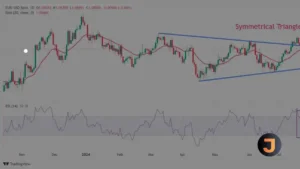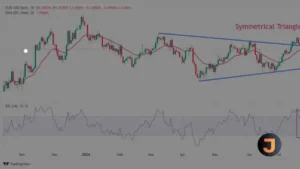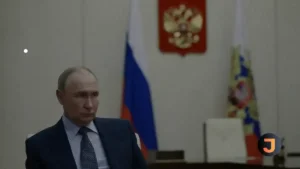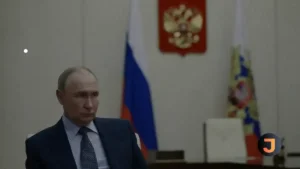Russia’s recently announced change to a system of progressive taxes and hikes to the basic rates for income and corporate tax will reduce the budget deficit caused by increased military spending, but are unlikely to provide sufficient fiscal tightening to prevent economic overheating, Capital Economics said in a note on May 31.
Tax System Reform
Changes to the tax system were expected following Putin’s state of the nation address in February and his victory in the presidential election in March, but at the heart of the changes is a reform to personal income tax, which will move from a flat to a progressive system in 2025. The upper rate of income tax will rise from 15% to 22% and for corporate taxes from 20% to 25%.
“Deductions are being increased for lower income individuals and Finance Minister Anton Siluanov said that the effective tax rate, after deductions, will fall from 13% to 6% for some of the lowest earners. Corporate income tax is increasing from 20% to 25%. Interfax report that the measures should bring in RUB2.6trn in 2025, or 1.3% of GDP,” said Liam Peach, the senior emerging market economist and Nicholas Farr, an emerging Europe economist with Capital Economics.
The net impact of these changes will see most Russians unaffected or even benefiting, while profitable businesses and the wealthy will bear a heavier tax burden. This approach aims to balance social demands amid ongoing conflict, emphasising that the government prioritises maintaining living standards.
“We had expected tax hikes to be announced after the election, and this is part of the reason why we forecast the budget deficit to stabilise and GDP growth to slow in 2025,” the analysts said. “However, the tax hikes are modest compared to the scale of military and defence spending, which is 6% of GDP and rising. The overall fiscal stance remains expansionary, likely to continue as the war effort persists. This will challenge the central bank’s efforts to combat inflation, keep bond yields elevated, and necessitate further rate hikes.”
Nevertheless, Russia’s budget deficit went from -0.1% of GDP in 2021, -2.3% in 2022, and then moderated to -1.9% in 2023. This year the Russian budget deficit is expected to halve and end the year at 0.8% of GDP and come in flat in 2025, according to the Finance Ministry.
Growth also remains strong. Russia’s economy was booming before the war with a 5.6% expansion in 2021 reversing to a -2.1% contraction in 2022 in the first year of the war due to the extreme sanctions shock. However, growth bounced back in 2023 with a strong 3.6% expansion in 2023 on the back of a military Keynesianism military spending induced recovery. Growth forecasts for this year vary with the Central Bank of Russia (CBR) predicting a very modest 2.2% growth but Russia’s Economics Ministry is expecting a more upbeat 3.2% of growth and most of the International Financial Institutions (IFIs) are also predicting more than 3% growth. The outlook for 2025 is also mixed, but the CBR said in its latest macroeconomic survey growth in 2025 will be a very conservative 1.7%.





